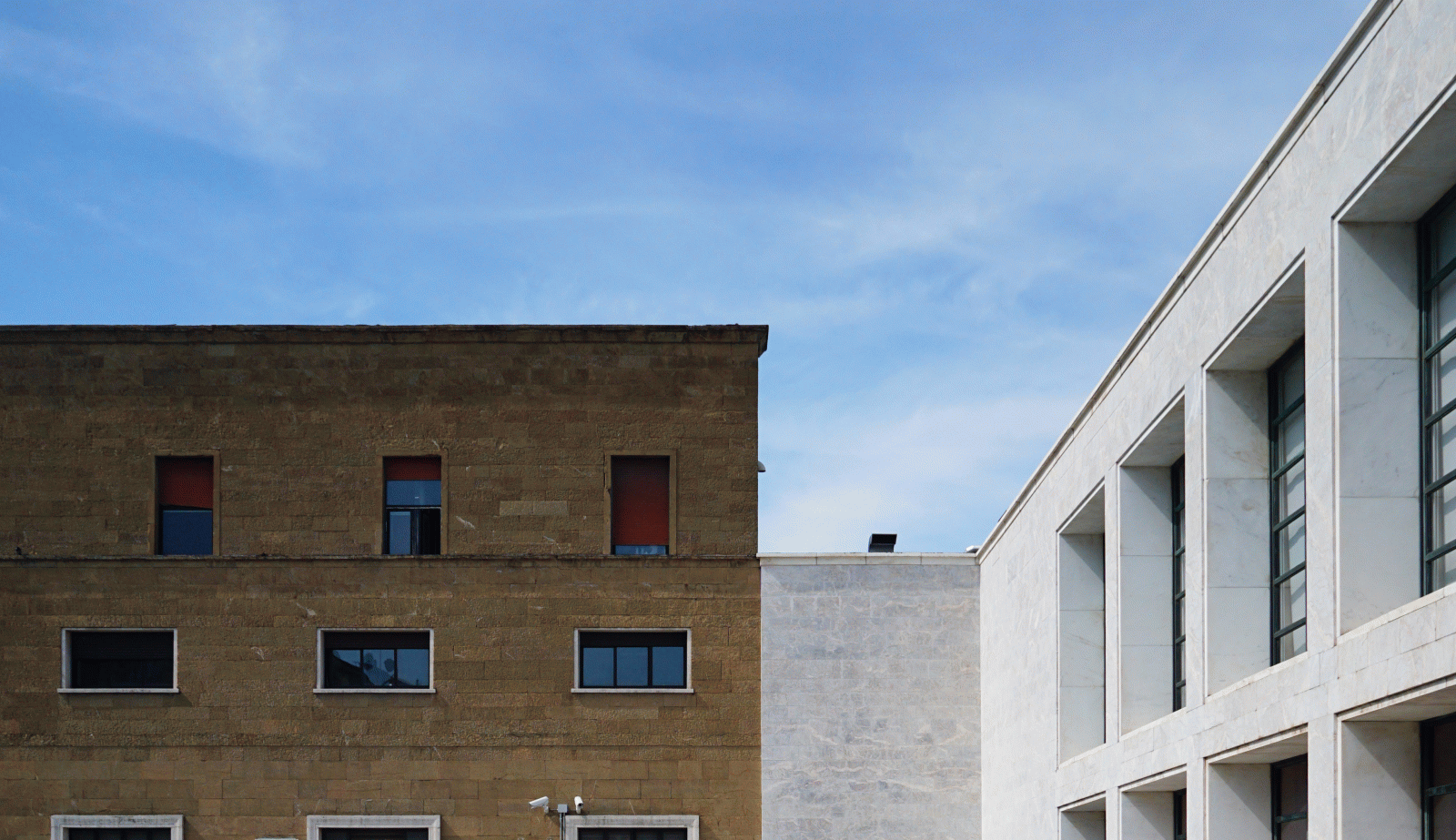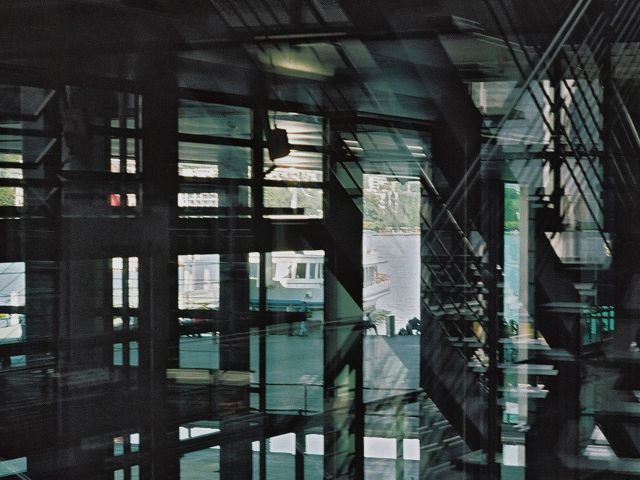Workshop
Ethics and Politics of Material in Architecture
organized by Hana Gründler, Albert Kirchengast, Achim Reese, Katharine Stahlbuhk

Gruppo Toscano/Giovanni Michelucci, Santa Maria Novella Railway Station with Palazzina Reale, Florence, 1932-35. Credit: Dimitri Egorov
Not only formal aspects such as style and ornament, but also the materials themselves should be regarded as carriers of meaning in architecture. Raw materials are processed into construction materials that play more than merely a practical or constructive role, and can be demonstrative of power or unity, for example. The way in which materials are able to acquire symbolic, ideological, and political dimensions (which in each case is linked with specific ontological implications) is an integral part of material cultures, and is a recurring theme in the history of building.
Today – although based on different theoretical premises – there is increasing talk again of the agency of materials. Against the background of current debates around the 'material turn' and 'new materialism', in which 'matter' is thought to elude an objectifying, technologizing grasp, architecture is beginning to readdress the question of an 'ethics of the material' as well as of the role of the subject and the cultural dimension of this discourse, and hence not least of the political dimension of architectural design.
This workshop initiated by the research group Ethics & Architecture sets out to discuss, to critically reflect on, and to interrogate the relations between material and architecture. Among other things, this involves the investigation of why the material aspects of our culture are presently the object of such great interest. What traditions is this preceded by, and how, historically, have these been 'materialized' in concepts and objects? What expansions, negations, modifications, or contaminations has the knowledge of a material – and the significance attributed to this – undergone? What are the contexts and circumstances that determine the breaks and continuities in our material consciousness?
Scarica
11 – 12 luglio 2019
Kunsthistorisches Institut in Florenz – Max-Planck-Institut
Palazzo Grifoni Budini Gattai
Via dei Servi 51
50122 Firenze
Avviso
Questo evento viene documentato fotograficamente e/o attraverso riprese video. Qualora non dovesse essere d’accordo con l’utilizzo di immagini in cui potrebbe essere riconoscibile, da parte del Kunsthistorisches Institut in Florenz a scopo di documentazione degli eventi e di pubbliche relazioni (p.e. social media) la preghiamo gentilmente di comunicarcelo.



